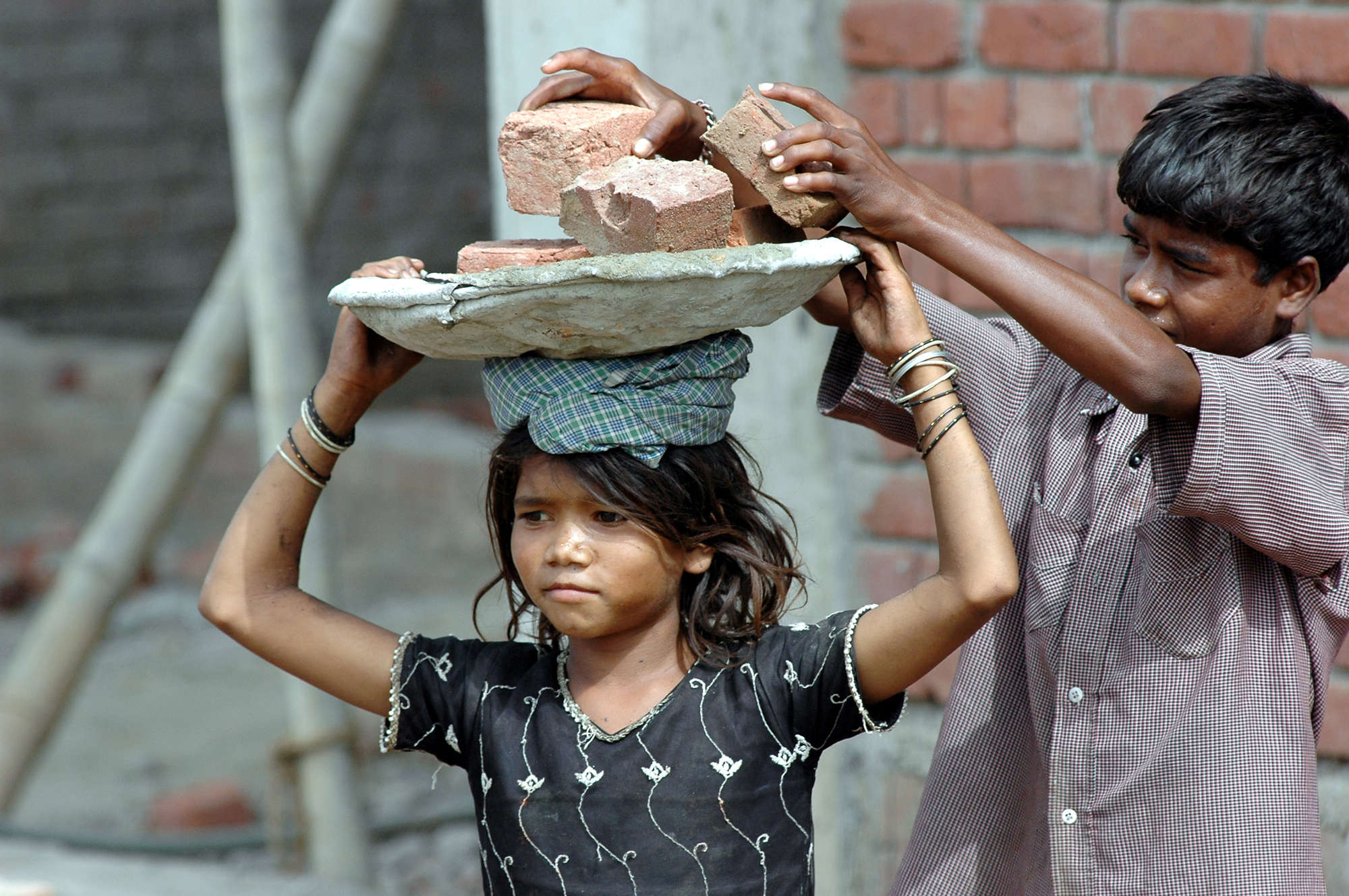Introduction:
Child labor is a global issue that has persisted for centuries. Despite international laws and conventions prohibiting it, millions of children around the world are still subjected to this exploitative practice. In this article, we will delve into the causes, effects, and solutions to child labor, and explore why it is such a pervasive issue in our society.
Understanding Child Labor
Definition of Child Labor
Child labor is defined as the employment of children in any work that deprives them of their childhood, interferes with their education, or harms their physical, mental, or social well-being.
There are various forms of child labor, including:
- Bonded labor: Children are forced to work to repay a debt that their parents incurred.
- Domestic labor: Children are employed as domestic workers in private households.
- Agriculture: Children work on farms, plantations, or ranches.
- Manufacturing: Children work in factories, mines, or workshops.
- Street work: Children work as vendors, beggars, or scavengers on the streets.
Causes of Child Labor
Poverty
Poverty is one of the main causes of child labor. Families living in poverty often cannot afford to send their children to school, and may turn to child labor as a means of income.
Lack of Education
Lack of education is another factor that contributes to child labor. Without education, children are less likely to secure higher-paying jobs in the future, making it harder for them to escape the cycle of poverty.
Cultural and Traditional Beliefs
In some cultures, children are expected to work and contribute to the family's income. This can lead to the perpetuation of child labor practices.
Globalization and Economic Pressures
Globalization and economic pressures have increased the demand for cheap labor, leading to the exploitation of children in many industries.
Weak Laws and Enforcement
In some countries, laws against child labor exist but are not enforced. This allows employers to exploit children without fear of legal repercussions.
Conflict and Displacement
During times of conflict and displacement, children are particularly vulnerable to exploitation and are often forced to work to survive.
Effects of Child Labor
Physical and Mental Health Consequences
Child labor can have severe physical and mental health consequences. Children who work in hazardous conditions may suffer from respiratory problems, injuries, and long-term health issues. Children may also experience stress, anxiety, and depression as a result of their work.
Education Disruption
Child labor often interferes with a child's education, preventing them from attending school regularly and hindering their ability to learn and develop.
Reduced Future Earnings
Children who work are less likely to receive an education and are therefore less likely to secure higher-paying jobs in the future, perpetuating the cycle of poverty.
Social Stigma
Child labor can lead to social stigma and exclusion, as children who work may be seen as less valuable members of society.
Solutions to Child Labor
Education and Awareness
Education and awareness-raising campaigns can help families understand the importance of education and the negative effects of child labor.
Strengthening Laws and Enforcement
Governments must strengthen laws prohibiting child labor and ensure that they are enforced. Employers who exploit children must be held accountable for their actions.
Economic Empowerment
Providing families with economic opportunities can reduce the need for children to work. This can include providing vocational training, microfinance loans, and other forms of support.
Addressing Poverty
Addressing poverty is crucial in combating child labor. This can be done through measures such as implementing minimum wage laws, providing social welfare programs, and improving access to healthcare and education.
Supporting Child Protection Services
Child protection services must be adequately funded and supported to identify and rescue children from exploitative situations.
Corporate Responsibility
Companies must take responsibility for their supply chains and ensure that they do not employ children or exploit their labor. Consumers can also play a role by supporting companies that prioritize ethical practices.
Examples of Successful Efforts to Combat Child Labor
The International Labor Organization's (ILO) International Program on the Elimination of Child Labor (IPEC)
IPEC has been working to eliminate child labor for over 20 years, and has helped to reduce the number of child laborers by 94 million since 2000.
The Rugmark Foundation
The Rugmark Foundation is a non-profit organization that certifies carpets made without child labor and supports education programs for children in India, Nepal, and Pakistan.
The Child Labor Coalition
The Child Labor Coalition is a coalition of organizations dedicated to ending child labor in the United States and around the world. They work to raise awareness and advocate for policies to protect children from exploitation.
Conclusion
Child labor is a complex issue that requires a multifaceted approach to combat. While progress has been made in reducing the number of child laborers, there is still much work to be done. Governments, corporations, and consumers all have a role to play in creating a world where children can thrive without being forced into exploitative work. By working together, we can make a difference and end child labor once and for all.


Comments
Post a Comment